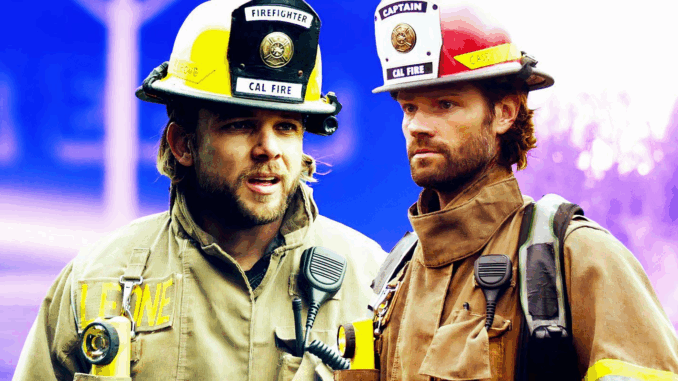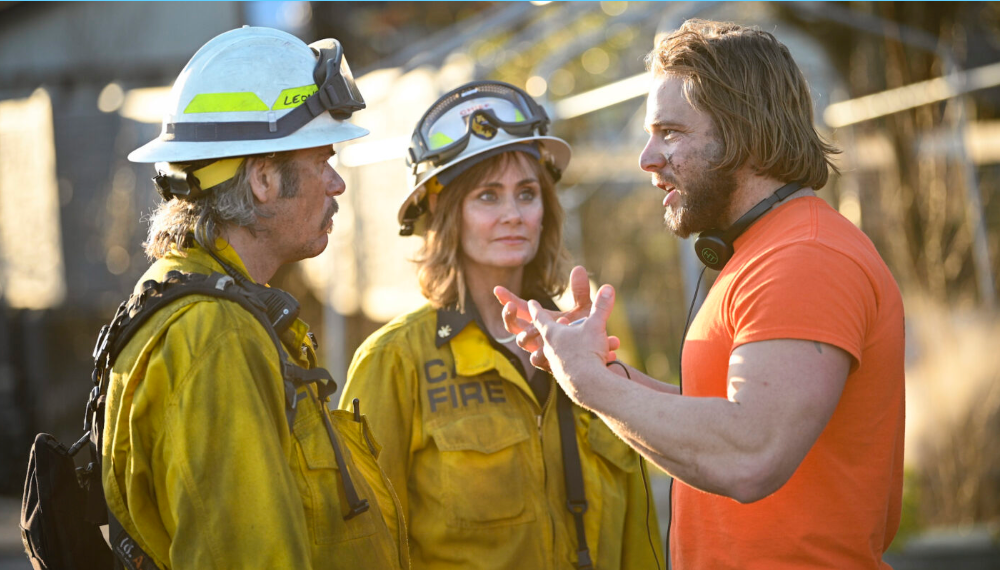
The Real-Life Struggles Behind the Uniform
Fire Country doesn’t just depict the thrill of fire rescues and dramatic landscapes of Northern California—it digs deep into the psychological and emotional cost of being a firefighter. The series highlights how heroism is not just about saving lives, but often about sacrificing pieces of your own.
The Burden of Guilt and Redemption
At the heart of Fire Country lies Bode Donovan’s journey. Once an inmate trying to redeem himself, Bode’s path is one marked by guilt, regret, and a need to prove his worth—not only to others but to himself. His internal battle mirrors that of many real-world first responders who carry the emotional weight of lives lost, even when doing their best.
Mental Health: A Silent Crisis Among First Responders

The show subtly addresses mental health issues—PTSD, anxiety, depression—that plague many in the profession. Through Bode and the Cal Fire team, the audience sees how trauma isn’t limited to those rescued. Firefighters absorb trauma too, and Fire Country dares to say what many don’t: the mental health support system for heroes is still dangerously insufficient.
Sacrifice on Multiple Fronts: Family, Future, and Freedom
Characters like Manny Perez and Sharon Leone embody the sacrifice firefighters often make in their personal lives. Sharon, for instance, balances her role as battalion chief while dealing with personal illness and a strained relationship with her son. Manny, as a former addict and current captain, shows how the fight for redemption continues even after one earns the title of “hero.”
Training vs. Reality: Are We Doing Enough?
The series also raises the question: is the system training firefighters for the full scope of what they will endure? While techniques and protocols are covered, emotional preparedness is often an afterthought. Fire Country sheds light on this disparity by showing the raw emotional aftermath of operations.
Heroism Beyond the Fires
Ultimately, Fire Country suggests that heroism isn’t just in the flames. It’s in facing your past, confronting your demons, showing up when you’re mentally broken, and continuing to serve. The courage to ask for help, to admit weakness—that’s a different kind of bravery, one that deserves recognition just as much as running into a burning building.
